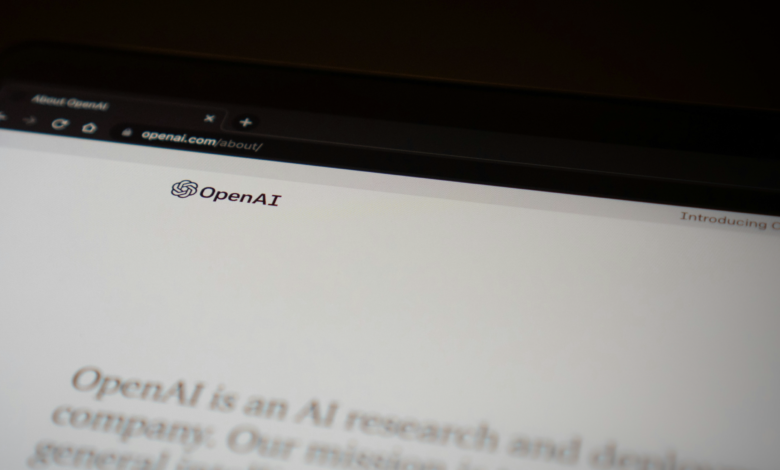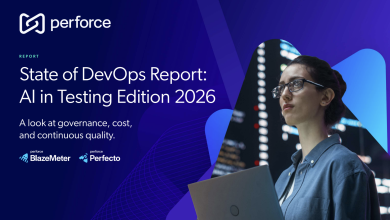
Some call it a bubble. I call it an AI arms race. We’re right in the middle of a frenzy like we’ve never seen before; hallmarked by extreme valuations, a race both to the top (in terms of capabilities) and the bottom (in terms of cost), and a surge in demand for AI talent. That last bit is quite important. Yes, the US and China are throwing crazy money at AI, but that doesn’t mean they’ll end up being the winners. The eventual victor might surprise you, and it’s all about how we use AI, not just who builds it.
For many, it looks like the EU’s posturing around legislation is starting to backfire. There have been concerns, including from myself, that more draconian measures may stifle innovation. You only need to look at the fact that Meta pulled the plug on its latest Llama model launching in Europe due to privacy concerns.
The US, on the other hand, is taking a different approach. There’s a lot of money going into AI in the US because the startup economy is very different; they’re focused on maximising financial returns for a particular winner. Every major, and minor, player is hyper-competitive and trying to build the technology that everyone else wants to buy.
But, here’s the thing. While Europe probably won’t end up with the winning AI company, their approach might be genius. The EU AI Act mandates that when you roll out AI, you have to train your people. Essentially what the EU has chosen to dominate – albeit inadvertently – is the AI labour market. Not a bad shout, I’d say.
As for China, this is a numbers game – AI is fed by data and the biggest model ends up being the best model. If China does this correctly and puts all of its money into a single state-owned bet, going five times bigger than everything the US has because they’re able to combine their efforts into one home run, they may end up with a better model.
The opportunity for collaboration and democratisation
Now, when it comes to global AI governance, I think this will develop in the same way as the Internet. It’s a global piece of technology, people have access to it, but some regions will allow some things that others won’t. I’ll tread carefully here, but you see a similar polarisation of attitudes in freedom of speech.
For the moment, I don’t see much collaboration between the US and China. We’re not yet at the point where this has existential risk. I mean, I can imagine law enforcement agencies cooperating to try and limit abuse across nations, but I’m not seeing collaboration across model building or anything like that.
But here’s where it gets really interesting – AI has the potential to be incredibly democratising. When was the last time anyone in the world could access the best piece of tech in any category for $20 a month? That hasn’t been a thing. This could be huge for developing nations. However, accessibility alone isn’t enough. Just as online education hasn’t fully unlocked opportunities for everyone due to motivation barriers, AI’s true potential lies in its practical application. The key challenge now is not just making AI accessible, but ensuring people know how to effectively use it to translate this accessibility into real opportunities.
There’s a really interesting parallel to think about here. Bill Gates once said that when you’re building a platform, the economic value of everybody that uses it, exceeds the value of the company that creates it. In this respect, OpenAI – as the platform – could be worth a trillion dollars, but all the companies that build on top of OpenAI could be worth tens of trillions. And if the majority of that wealth accumulates across Europe versus across the US, you end up with the biggest AI company in the US, but still the biggest economic gain in Europe.
In the end, it’s not just about who builds the best AI. It’s about who knows how to use it best. And that’s where things get interesting. The winners in this race might not be who you expect – it could be the regions and countries that focus on training their people and effectively implementing AI across their societies. That’s the real game-changer here.



